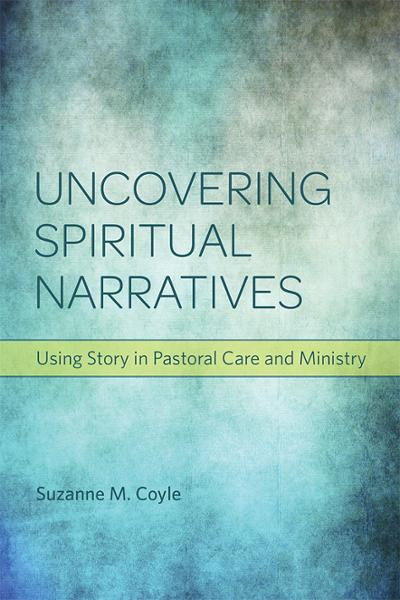Endorsements
"For Suzanne Coyle, personal stories are best connected to the narratives of larger collectives within society, where they encounter depth, breadth, critique, and liberative power. Her focus on contextual narrative resources is a much-needed addition to the conversation regarding narrative therapy and the potentially healing function of ‘story’ in religious leadership."
—John S. McClure
Vanderbilt Divinity School
"I have been looking for a book that theologically explores how the theoretical convictions and key practices of narrative therapy—as well as the community work inspired by this approach—can invigorate not only pastoral care, but the whole of pastoral ministry. In this accessible volume, Suzanne Coyle has taken up this task, weaving together liberation theology, narrative therapy, collective narrative practice, and examples from actual ministry practice in her approach to fostering life-giving and hopeful spiritual narratives."
—Kathleen D. Billman
Lutheran School of Theology at Chicago
"Written in highly accessible language, Uncovering Spiritual Narratives breaks fresh new ground in the field of narrative approaches to pastoral care and congregational ministry. The author introduces a collective narrative approach, skillfully weaving insights drawn from the fields of spirituality, feminist and liberation theology, postmodern thought, and cutting edge narrative practice. Coyle demonstrates how her approach can help shape pastoral counseling, preaching, worship, spiritual guidance, and community ministries, and she provides concrete examples and practical guidance at each step along the way. Pastors, chaplains, seminary professors, students, community leaders, and spiritual guides stand to benefit from this book."
—Susanne Johnson
Perkins School of Theology, Southern Methodist University
"Suzanne M. Coyle demonstrates how spiritual stories—individual and collective—create meanings and possibilities that lead to liberating action. Using qualitative research and contextual pedagogy, Coyle correlates narrative ministry with liberation theology to suggest that caregivers are ‘storytellers of hope.’ She places power, hope, and Spirit at the center of ministry and care. The book extends and enriches the ways that narrative therapy and narrative community work can benefit ministries of care and counseling, and Coyle’s emphasis on collective narrative practice—a recent intervention for communal trauma—brings a sophisticated new approach to pastoral theological theory and practice."
—Duane Bidwell
Claremont School of Theology
